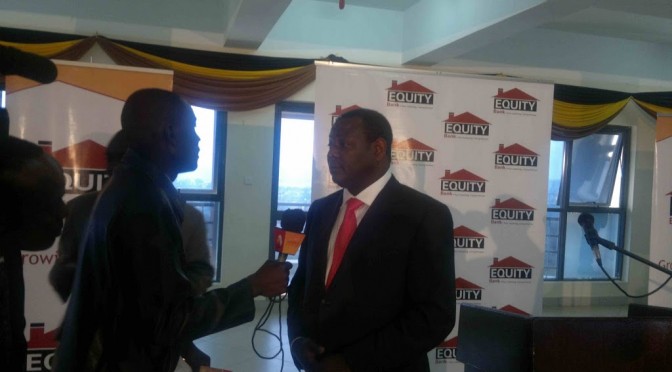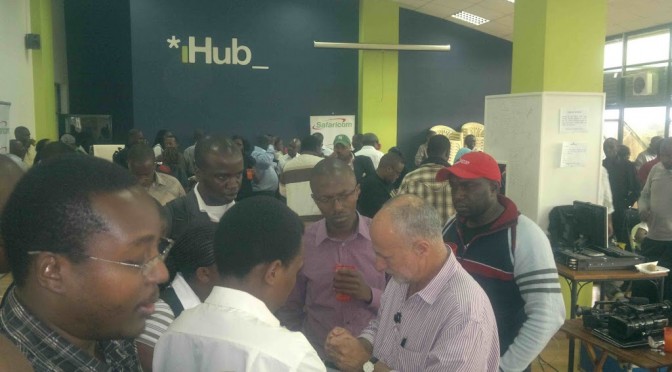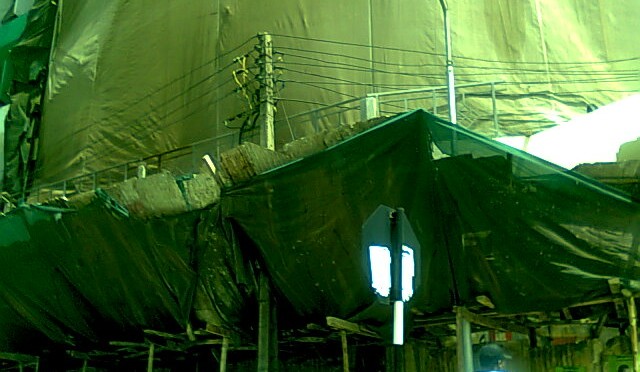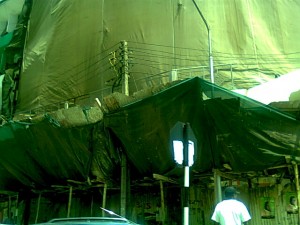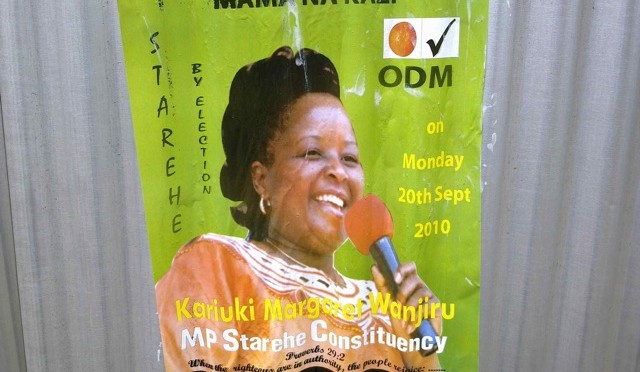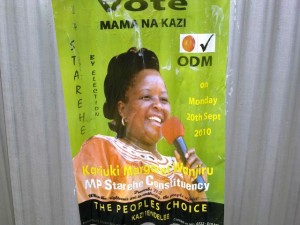There has been a lot about succession in the news today:
- Legendary investor Warren Buffet outlined his succession plan for his company and shareholders.
- Also, legendary World Cup match predictor, Paul the octopus (and beloved by gamblers anonymous), died in his sleep in Germany, without leaving a successor.
- NIC Bank held a succession planning clinic for its customers and entrepreneurs
- This is also the week in which retiring Safaricom CEO Michael Joseph is being feted every other day somewhere in Nairobi while his successor Bob Collymore waits in the wings.
- And at Equity Bank, CEO James Mwangi finally addressed and put to rest the matter of his succession. Announcing the banks Q3 results (with group asset of Kshs 136 billion ($1.6 billion) and profits of Kshs 6.4 billion ($80 million), he was asked about a long-standing issue with some with investors and shareholders – ‘what would happen to the bank if something happened to him?’
His answer? Profit would go up because he’s currently highly paid, and his style over 18 years has changed to one who takes less risks! On a serious note, he pointed out to several of the bank’s current managers who had more experience and knowledge than he did (but he is better than selling himself), and would form a pool from which the Board could pick out a successor. Some of the people he pointed out, and who may succeed him, include Gerald Warui (his principal deputy), Mbaabu Muchiri (ex-Coca Cola and Central Bank who reduced housing bad loans), Michael Wachira (ex-Fortis), Allan Waititu (brought Finacle to the bank & automation and is now in charge of new projects), Samuel Makome (ex-Citibank), Bildad Fwama (ex Citibank, British American), and Mary Wamae (who negotiated the first ever conversion of the Kenyan build society to a bank, the Helios deal, and regional investments in Uganda, Sudan, and currently in Rwanda and Tanzania which are aimed to open in Q1 of 2011)
He also noted that with his busy activities outside the bank at (Vision 2030, Advisor to UN & World Economic Program), he has delegated a lot to the point that he is not a signatory at the bank and does not sit on any of the seven board committees.
